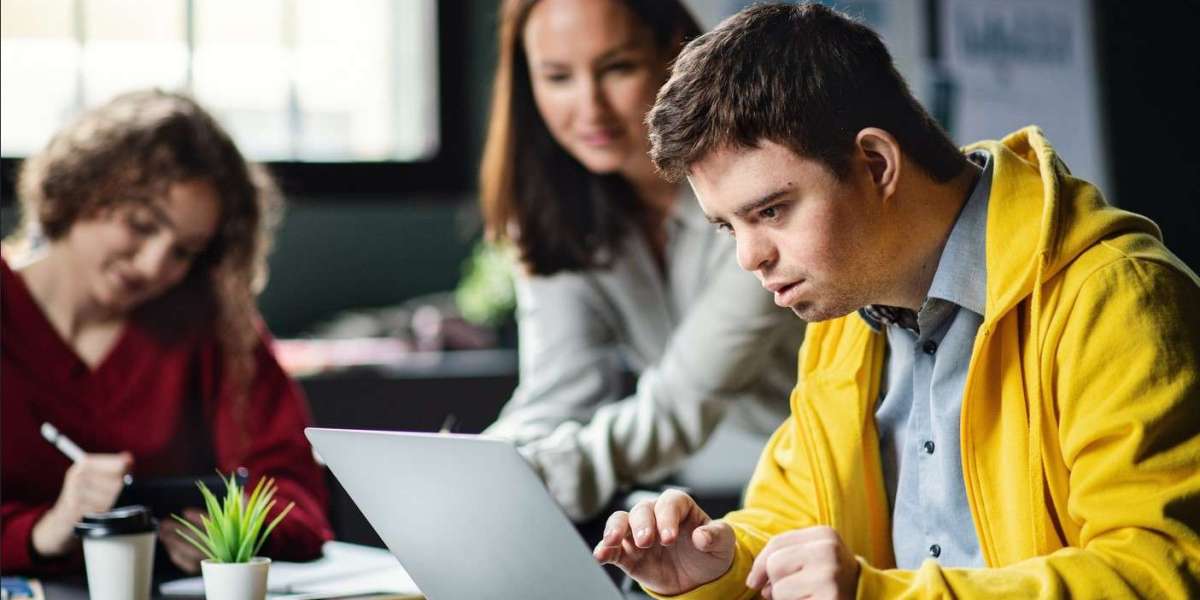When a loved one has a developmental disability, finding the right support network can make all the difference. Whether you're a parent seeking early intervention for a child, or an adult looking for vocational training or residential care, the journey often begins with a trusted center for people with developmental disabilities.
These centers are more than service providers — they’re safe spaces where individuals are respected, supported, and empowered to live meaningful lives.
What Is a Center for People With Developmental Disabilities?
A center for people with developmental disabilities is a community-based organization that offers specialized services tailored to individuals with intellectual and developmental conditions such as autism spectrum disorder, Down syndrome, cerebral palsy, and others.
These centers often combine medical, behavioral, educational, and vocational resources under one roof — offering a coordinated and person-centered approach to care.
Services Typically Offered
Every center has its unique model, but most offer a combination of:
1. Day Programs
Structured daytime activities that promote social interaction, cognitive engagement, and life skills. These programs may include art, music, fitness, and personal hygiene education.
2. Therapeutic Services
Centers often provide access to speech therapy, occupational therapy, physical therapy, and behavioral interventions to address individual needs.
3. Supported Employment and Pre-Vocational Training
Helping individuals build job skills, find employment, and receive on-the-job coaching.
4. Family Support Services
From counseling and respite care to parent training and advocacy guidance, families are given tools to navigate the disability system.
5. Residential Programs
Some centers coordinate or refer individuals to group homes, supervised apartments, or other supported living arrangements.
How to Choose the Right Center
Choosing a center is a deeply personal decision. Here are a few things to consider:
Accreditation and Licensing: Make sure the center is recognized by relevant state or national bodies, such as OPWDD in New York.
Staff Expertise: Ask about training, staff-to-client ratios, and the presence of licensed professionals like therapists and psychologists.
Person-Centered Planning: Does the center tailor its services to the unique strengths, preferences, and goals of each individual?
Family Involvement: A great center actively engages families and respects their role as advocates and caregivers.
Cultural Sensitivity: In diverse communities, it’s crucial that services reflect the language, values, and traditions of those they serve.
The Importance of Community-Based Care
A local center for people with developmental disabilities isn't just a place for therapy or support — it becomes a second home. It’s where individuals form friendships, explore their potential, and experience inclusion in a safe and structured environment.
When centers are rooted in their communities, they can also better respond to local needs, such as offering bilingual services, collaborating with schools, or supporting transitions from pediatric to adult care.
Final Thoughts
If you’re navigating the world of developmental disability services, remember this: you don’t have to do it alone. The right center for people with developmental disabilities can become a long-term partner in your journey, offering not just care — but hope, respect, and a sense of belonging.
Take the time to visit local centers, ask questions, and trust your instincts. Because when the right match is made, lives can flourish — one step, one smile, one milestone at a time.














